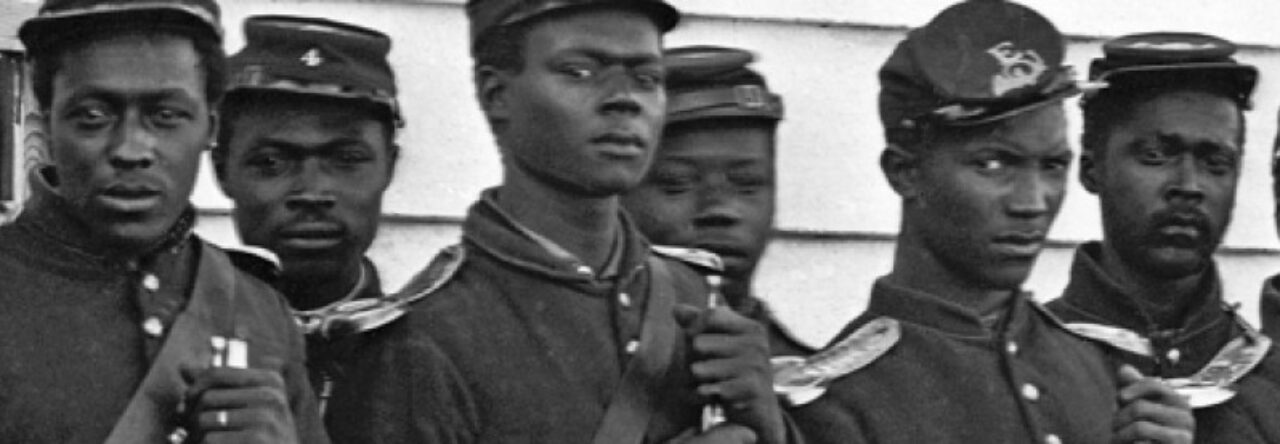I’m still being overwhelmed by all of the resources available. Yesterday evening, I traveled to our public library (to pick up Professor Pinsker’s book, Lincoln’s Sanctuary) and I was greeted by a sign inviting me to attend a dedication ceremony “in honor of the late Edgar T. Brown and his extensive local history collection.” When I inquired, I discovered that Virginia Beach has a substantial local history section, although very little of it is digitized or easily available. As with Colin Macfarlane’s quest to find Henry W. Spradley, there would have to be substantial time spent with the microfiche reader.
I also did some searching (not researching) on the internet to find local civil war diaries. While this search still continues, I was able to locate some sources that may be of use to those seeking readily-available primary source materials of this era. The University of Virginia, Virginia Military Institute, and the College of William and Mary have special collections accessible to the general public.
My biggest concern is having the time to develop all of these resources into a workable positive force in my classroom. As Rebecca Winslow responded to an earlier post of mine, “More and more I am beginning to understand the mile wide inch deep teaching when we should be doing it quite the opposite.” There is such pressure in my school system to follow a pacing guide in order to raise standardized test scores. For example, since we are in yet another presidential election year, we were told not to teach the election process in the fall, but rather when it falls in the curriculum (it’s unit 6 and it would be taught around February). Why? Supposedly, there was research that demonstrated that students scored better on standardized test scores following the pacing guide of our curriculum. Wouldn’t the elections count as a “teachable moment,” in the jargon of our chosen profession?
Oops, it appears that I am getting off topic. This post was supposed to focus on finding sources for civil war diaries. I wouldn’t want to be accused on not following the curriculum!

Rebecca
Well said.
Sharolyn Griffith
I was inspired by your post and by the video of the Dickinson student on Henry W. Spradley. You could hear the fascination and excitement about his research and discoveries in the video he made, and I cannot wait to show this to students to inspire them to have fun researching local history for National HIstory Day and other projects.
Jodi
I definitley will be using the Henry W. Spradley as an example of digital storytelling and historiography for students. What a great way of showing students how to DO history.
janeapplebee
Ha! …[Sigh.]